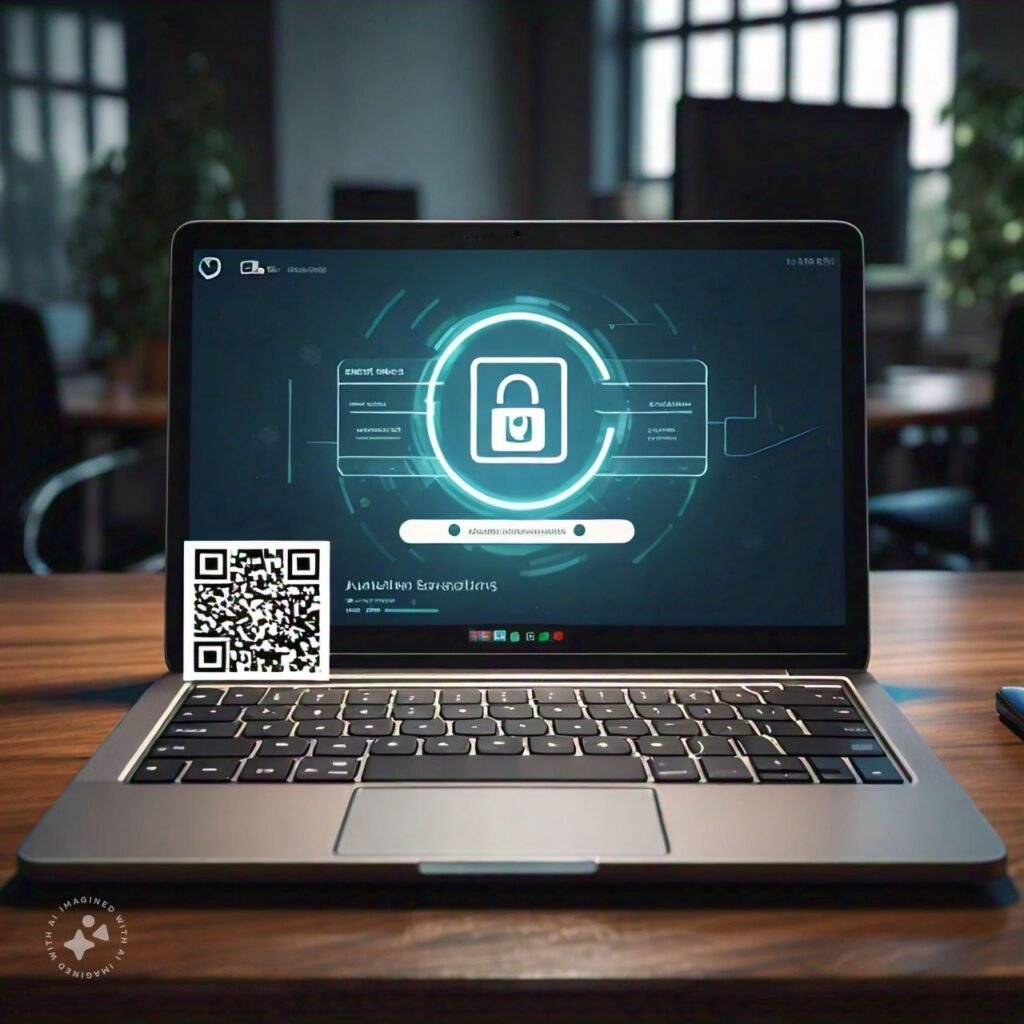In today’s digital age, online banking has become the norm for many individuals. It offers undeniable convenience, allowing you to manage your finances from anywhere, anytime. However, with this convenience comes the responsibility to safeguard your sensitive financial information. Here’s a comprehensive guide to fortifying your online banking security and protecting your hard-earned money.
Understanding the Threats: Common Online Banking Security Risks
While online banking offers numerous advantages, it’s essential to be aware of potential security threats. Here are some common risks to watch out for:
- Phishing Scams: These deceptive emails or text messages often mimic legitimate banks, tricking you into revealing personal information or clicking on malicious links that can steal your credentials.
- Malware and Viruses: These malicious software programs can infect your computer or mobile device, capturing your keystrokes, login details, and other sensitive data.
- Unsecured Wi-Fi Networks: Avoid conducting online banking transactions on public Wi-Fi networks, as they can be easily intercepted by hackers.
Building Strong Defenses: Essential Online Banking Security Practices
By adopting these essential security practices, you can significantly reduce the risk of online banking fraud:
- Create Strong and Unique Passwords: Utilize complex passwords containing a combination of uppercase and lowercase letters, numbers, and symbols. Avoid using the same password for multiple accounts.
- Enable Two-Factor Authentication (2FA): This adds an extra layer of security by requiring a second verification code, typically sent via text message or generated through an authentication app, in addition to your password when logging in.
- Be Wary of Suspicious Emails and Links: Never click on links or open attachments in emails claiming to be from your bank unless you’re absolutely certain of their legitimacy. Contact your bank directly if you have any doubts.
- Keep Software Updated: Maintain updated software on your devices, including your operating system, web browser, and antivirus software. Updates often contain security patches that address vulnerabilities exploited by hackers.
- Monitor Your Accounts Regularly: Review your bank statements and online banking activity frequently to identify any unauthorized transactions. Report any suspicious activity to your bank immediately.
- Use a Secure Connection: Only conduct online banking transactions on a secure, private network. Avoid using public Wi-Fi for such sensitive activities.
Additional Tips for Enhanced Online Banking Security
Here are some extra steps you can take to further strengthen your online banking security:
- Download Banking Apps Only from Official Sources: Ensure you download your bank’s official mobile banking app directly from the App Store or Google Play Store, avoiding third-party app stores.
- Beware of Social Engineering Scams: Social engineering involves manipulating individuals to reveal sensitive information. Be cautious of unsolicited calls or messages that pressure you into taking immediate action regarding your bank accounts.
- Consider a Security Key: Security keys are physical devices that provide an extra layer of authentication beyond passwords. While not as common, they offer an advanced level of protection.
Remember, online banking security is a shared responsibility. Financial institutions invest heavily in security measures, but it’s crucial for individuals to remain vigilant and adopt safe practices. By following the advice outlined above, you can confidently navigate the world of online banking and protect your financial well-being.


